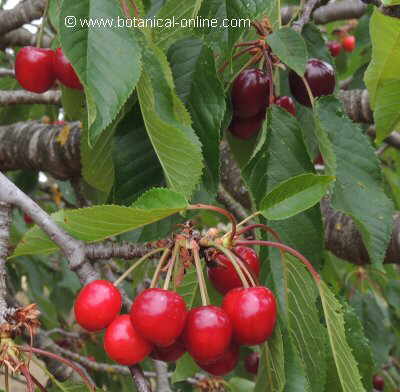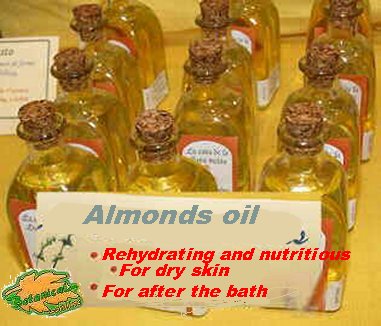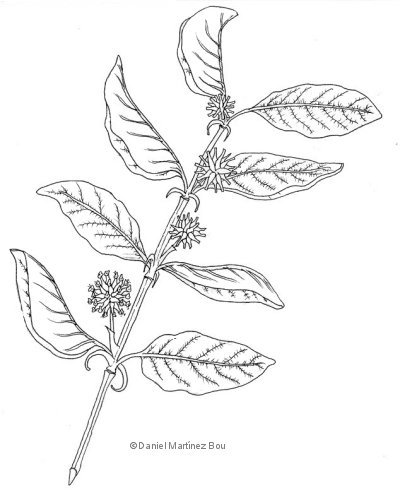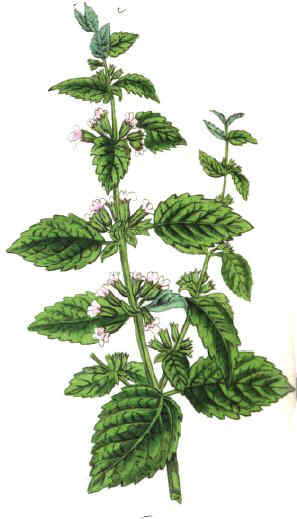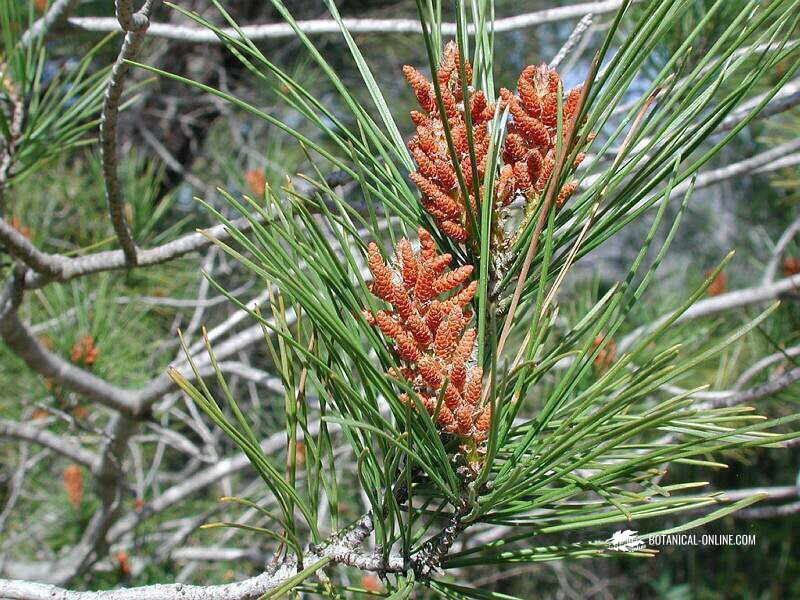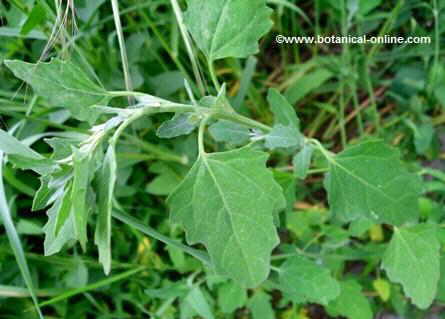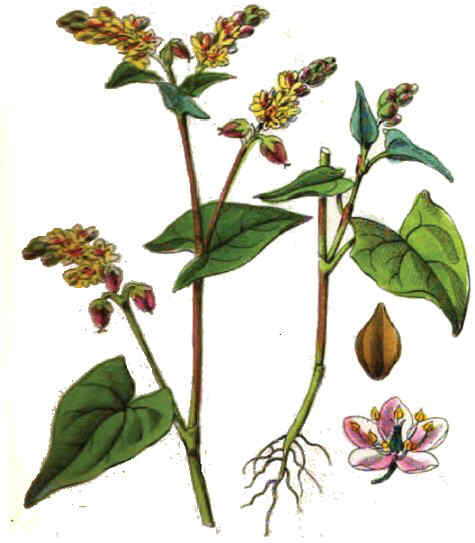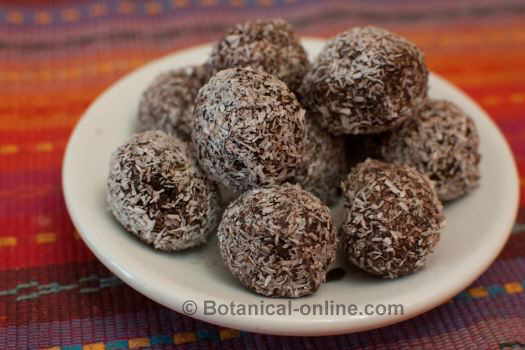Contents
DANGERS OF ARNICA
Is arnica a toxic plant?
Yes, arnica is a toxic plant.
Arnica is a plant that is used only externally and can not be eaten, because its ingestion can have detrimental effects on health.
Arnica can be toxic even in small doses when ingested.
What toxic components arnica has?
The essential oil of the plant contains the following principles:
- Thymol
- Cineol
- Daffeic acid and chlorogenic acid. These two, with rubefacient properties, that’s to say, they cause redness.
It also contains bitter principles, called sesquiterpene lactones, such as helenine.
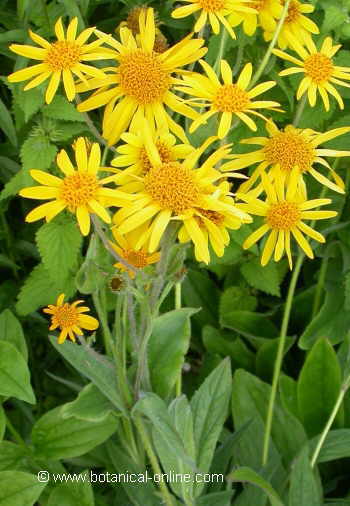
Photo of arnica plant
What are the symptoms arnica poisoning?
Internal use of this plant produces adverse reactions in the digestive tract that are manifested in vomiting, headache, nervousness, upset and diarrhea.
At high doses, the ingestion of flowers or tincture can cause death by cardiac arrest.
Ingestion of flowers is rather unlikely because of the permanent acrid aftertaste in your mouth. (The lethal dose for an adult dyeing may occur with ingestion of a half tablespoon of tincture)
In pregnant women ingesting the dyeing liquid or preparations with arnica can cause abortions.
Used externally exists the possibility of adverse reactions in some individuals sensitive to its components. These can manifest as eczema, dermatitis or destruction of tissues.
These same events may occur in individuals with no sensitivity when prolonged excessive doses or treatments are applied. or when these are applied to open wounds.
Precautions when using arnica
- Arnica is not to be used internally Do not swallow.
- Do not use arnica on open wounds or bleeding.
- Do not use arnica in pregnant and lactating.
- Arnica is also toxic to livestock.
- Only an expert who knows the toxicity, dosage and effects of arnica can use this plant.
![]() More information on arnica
More information on arnica

